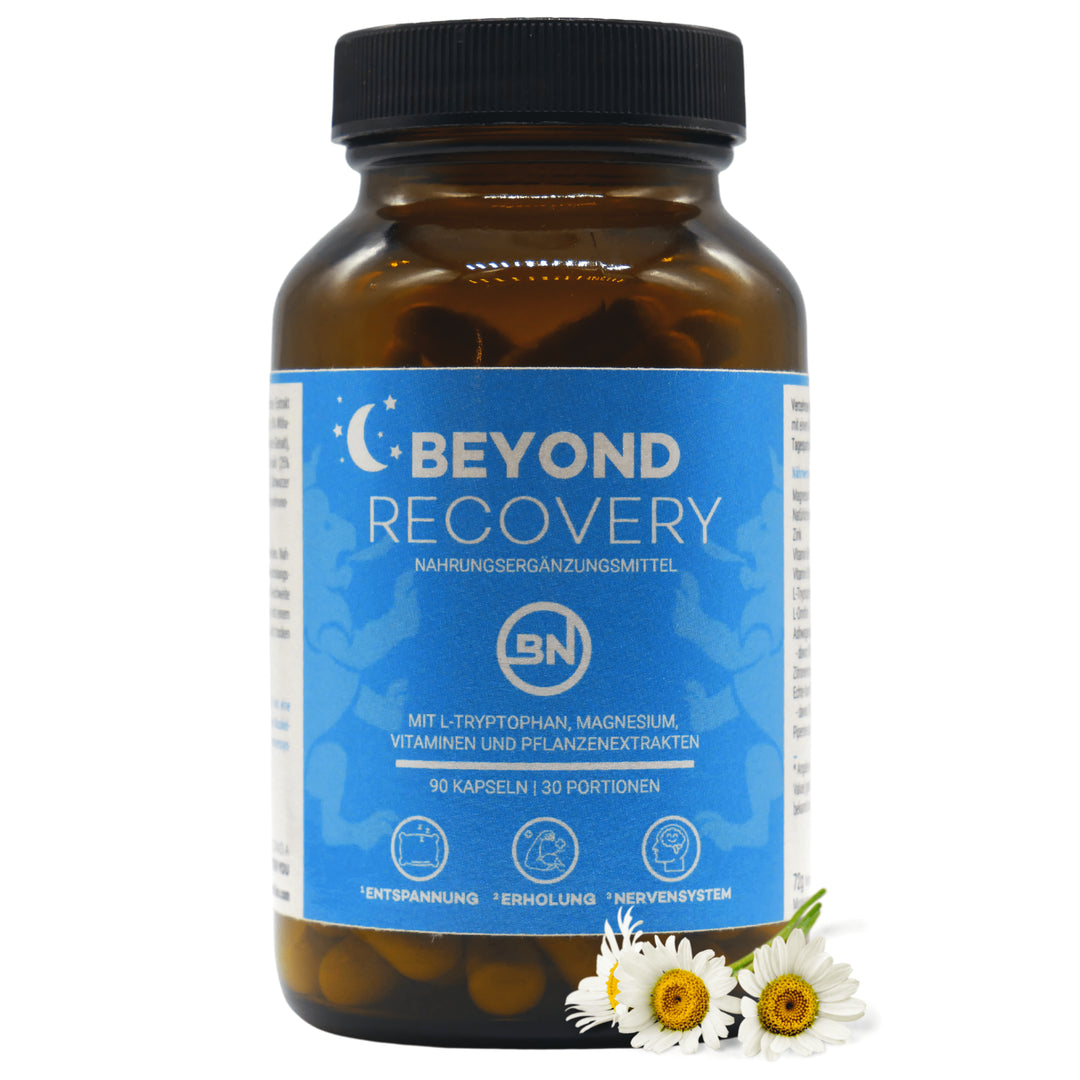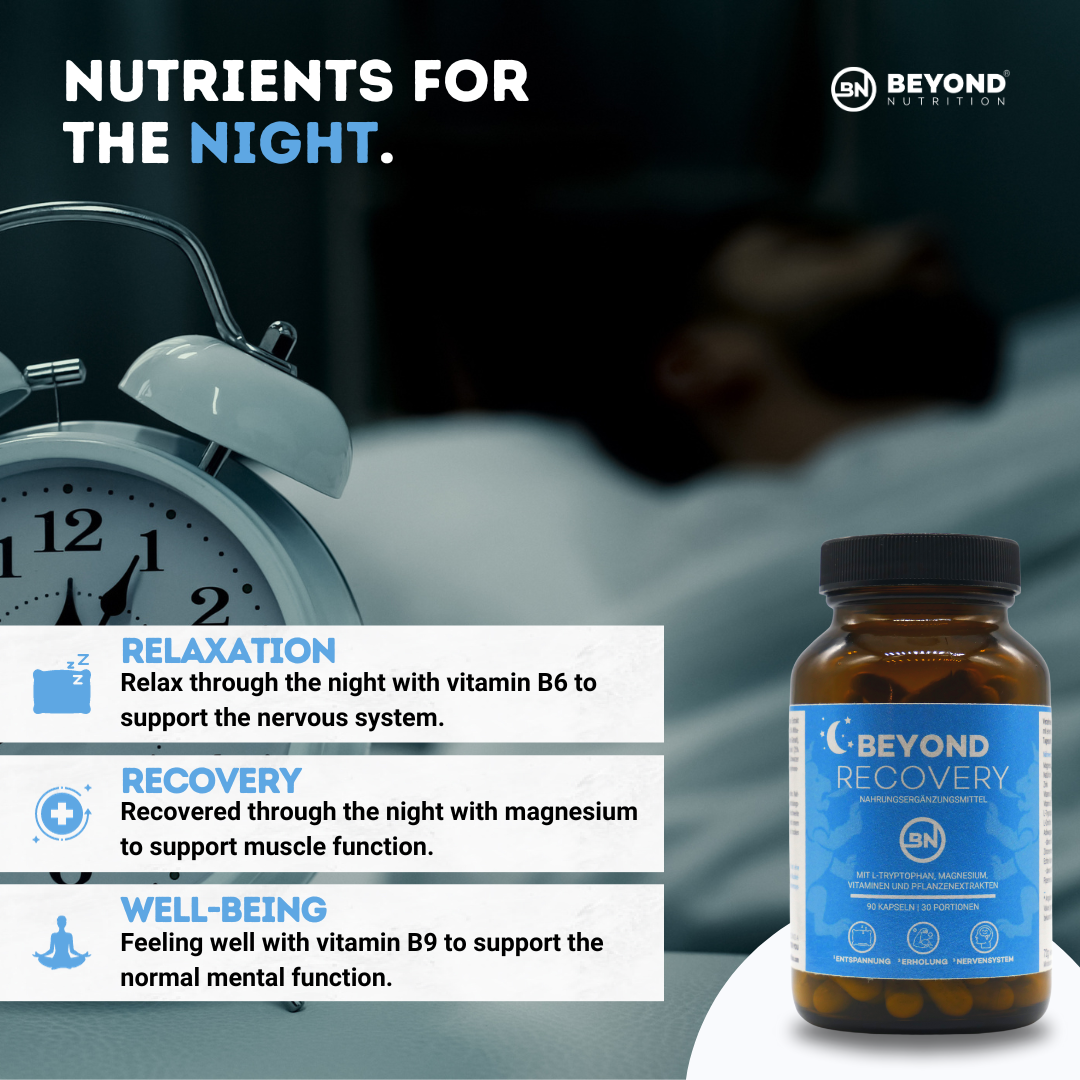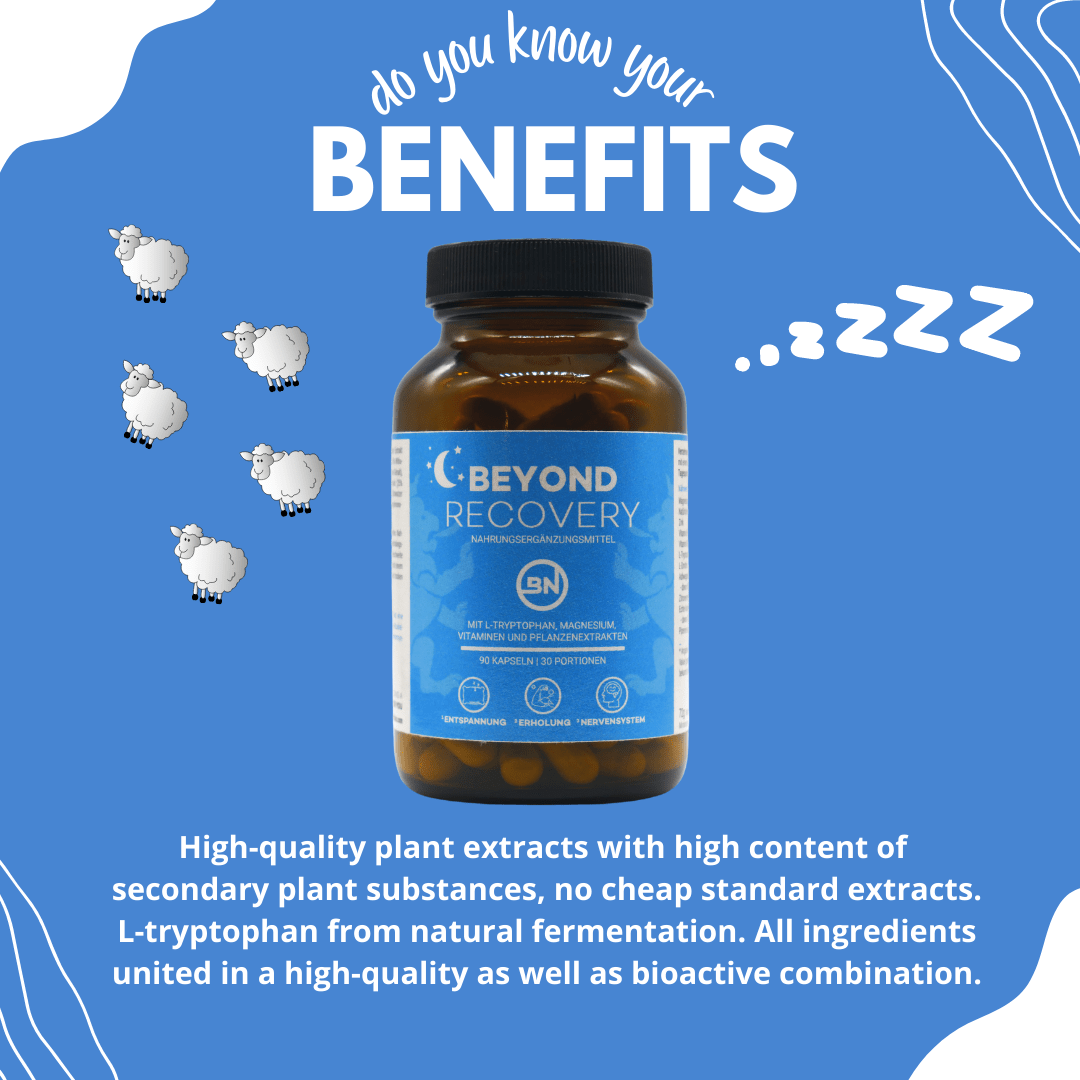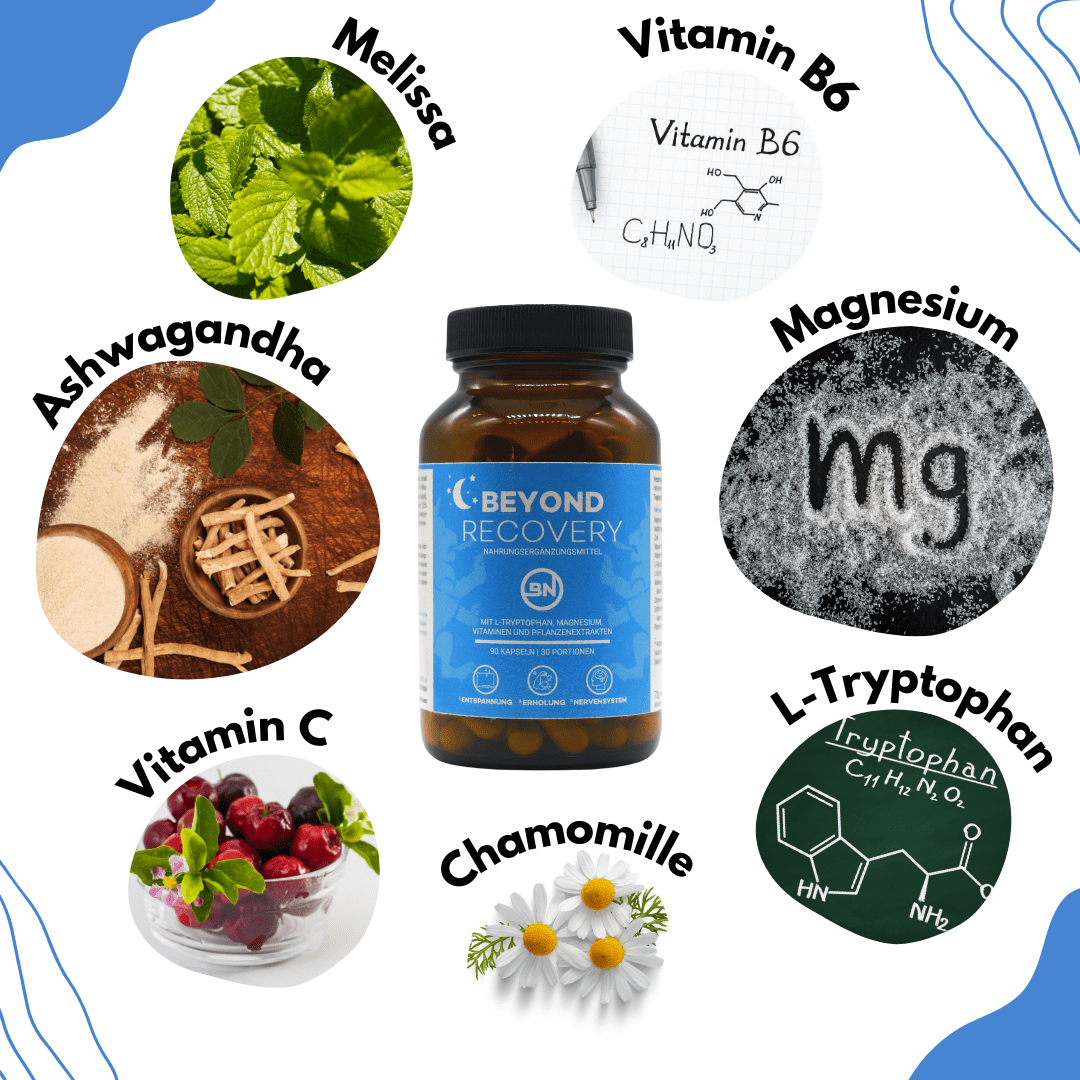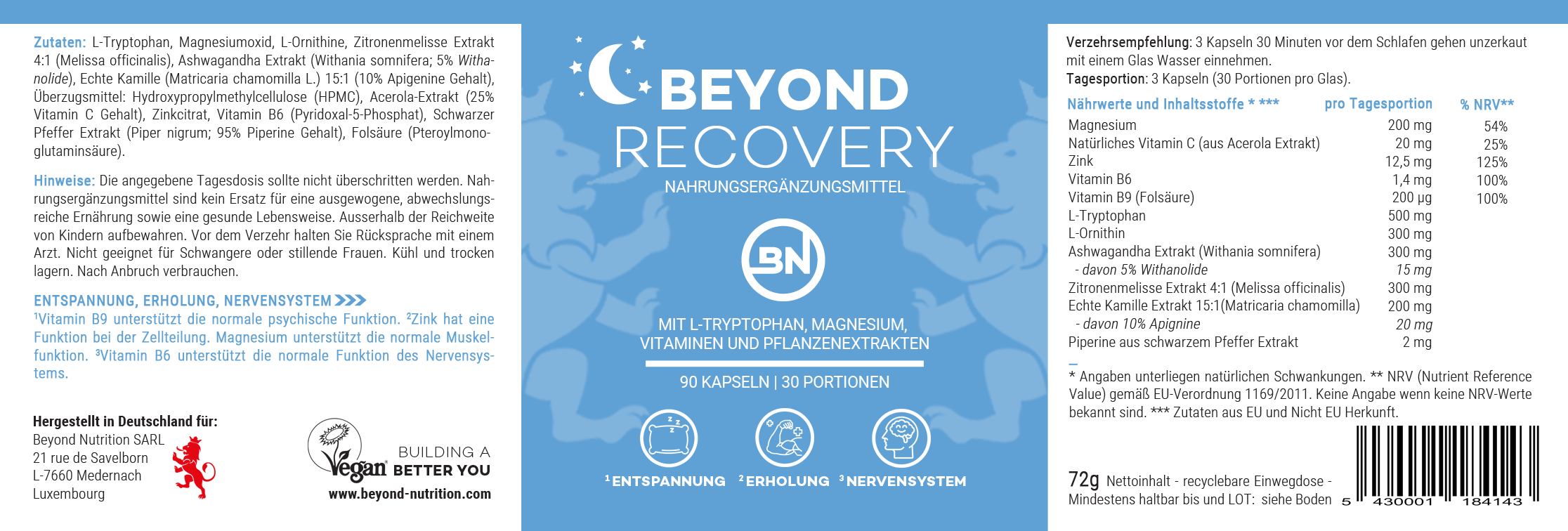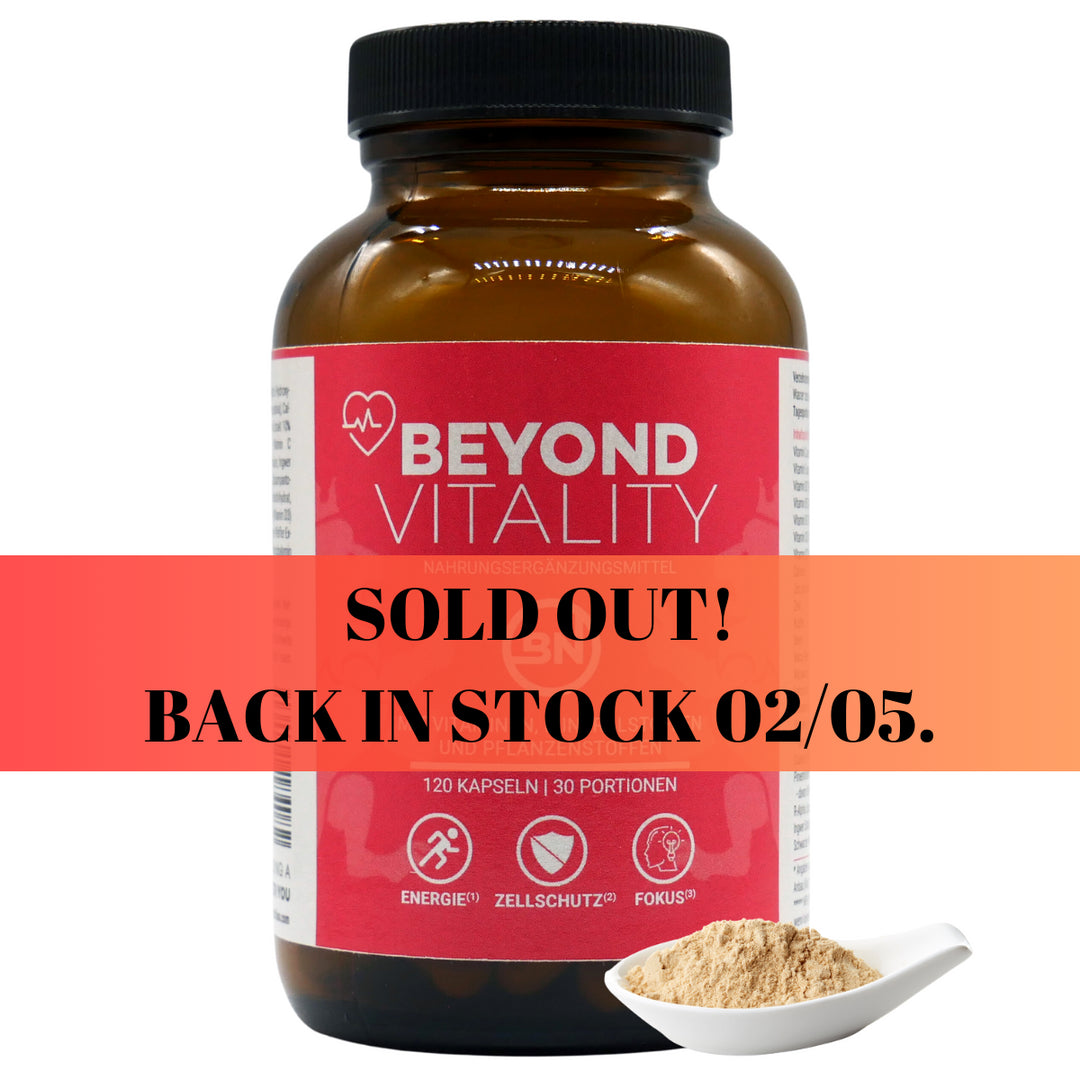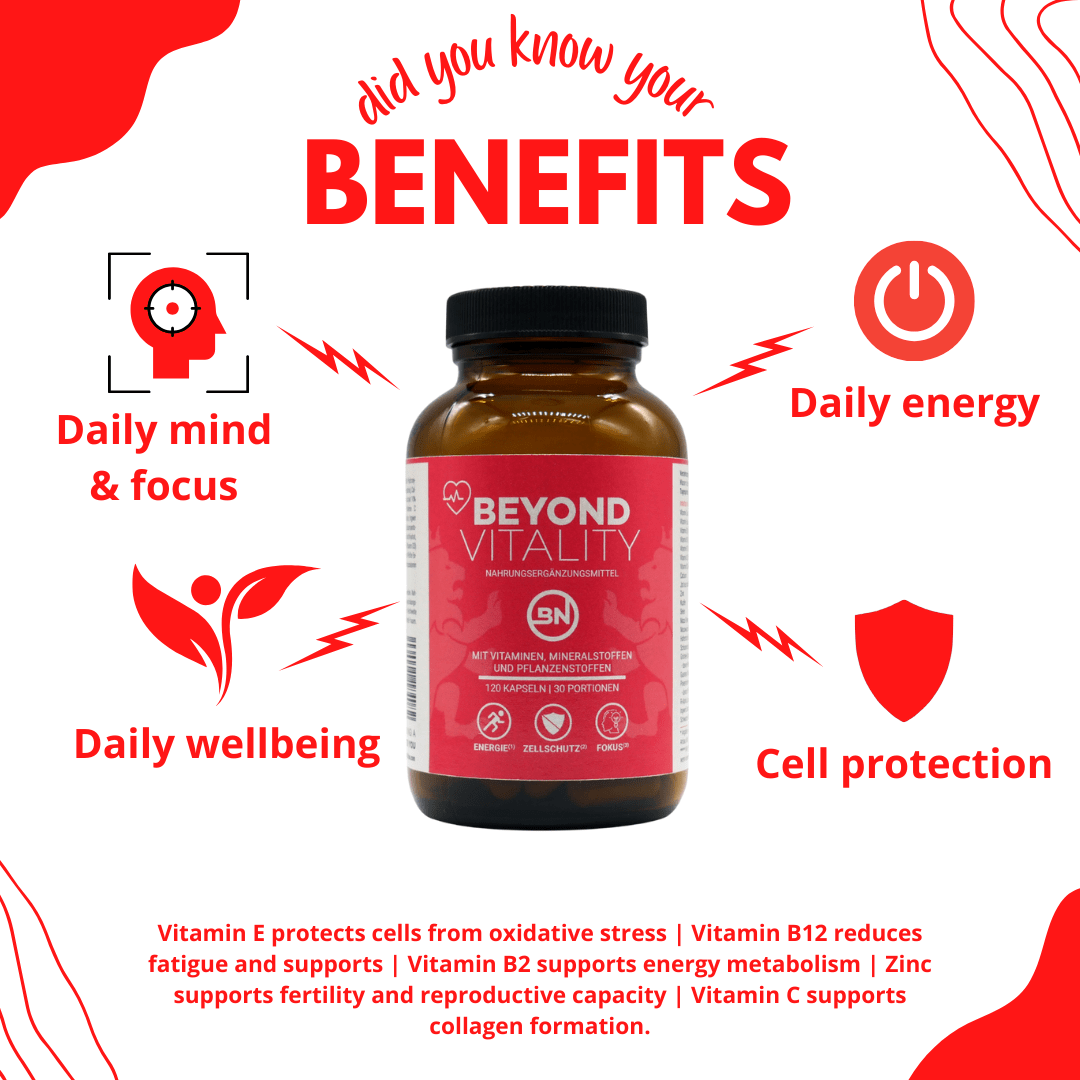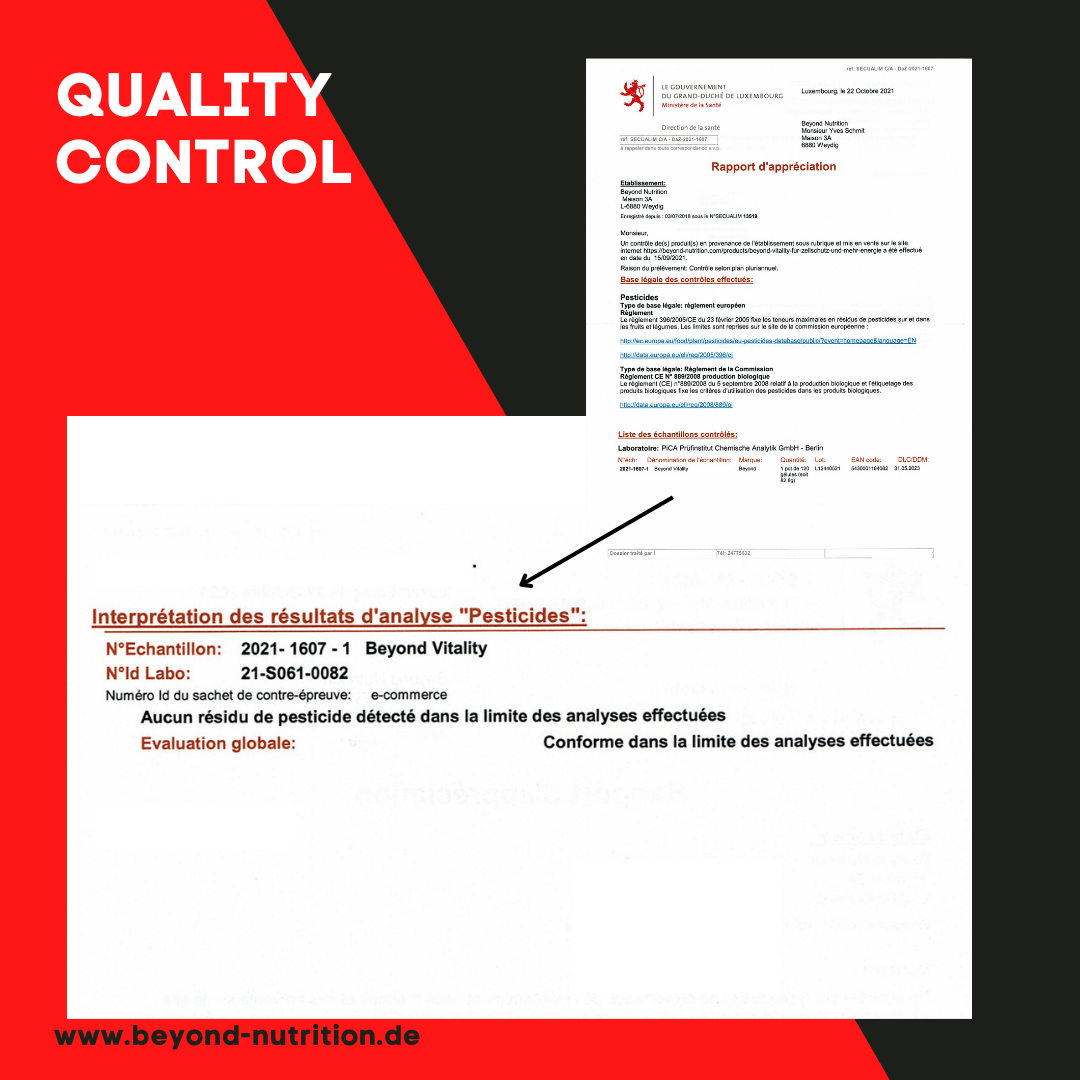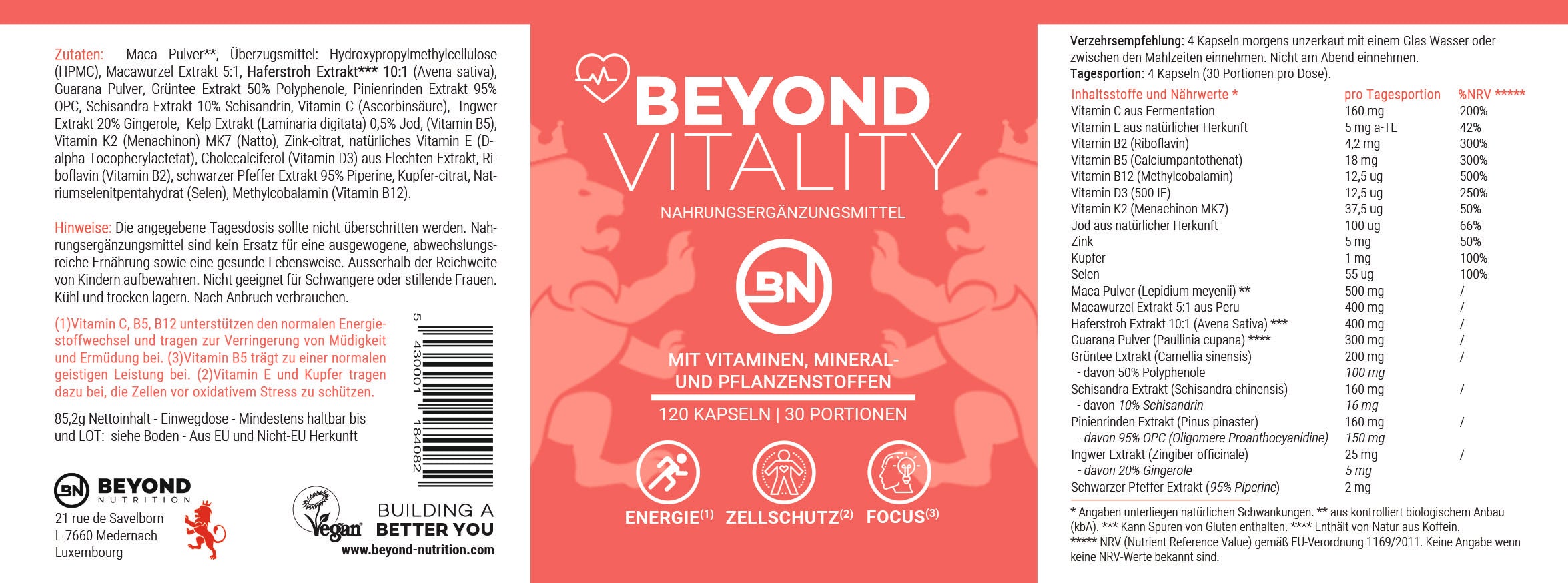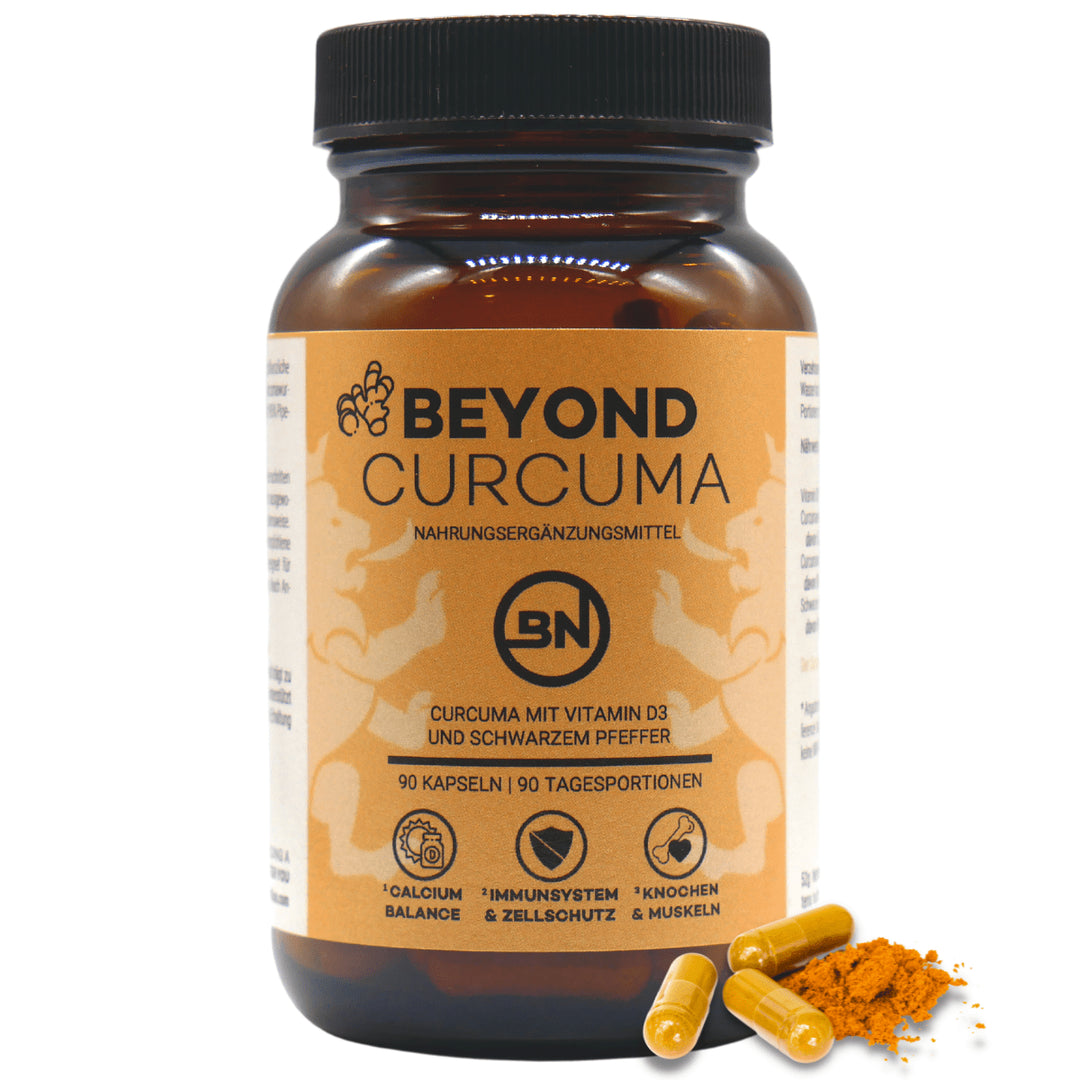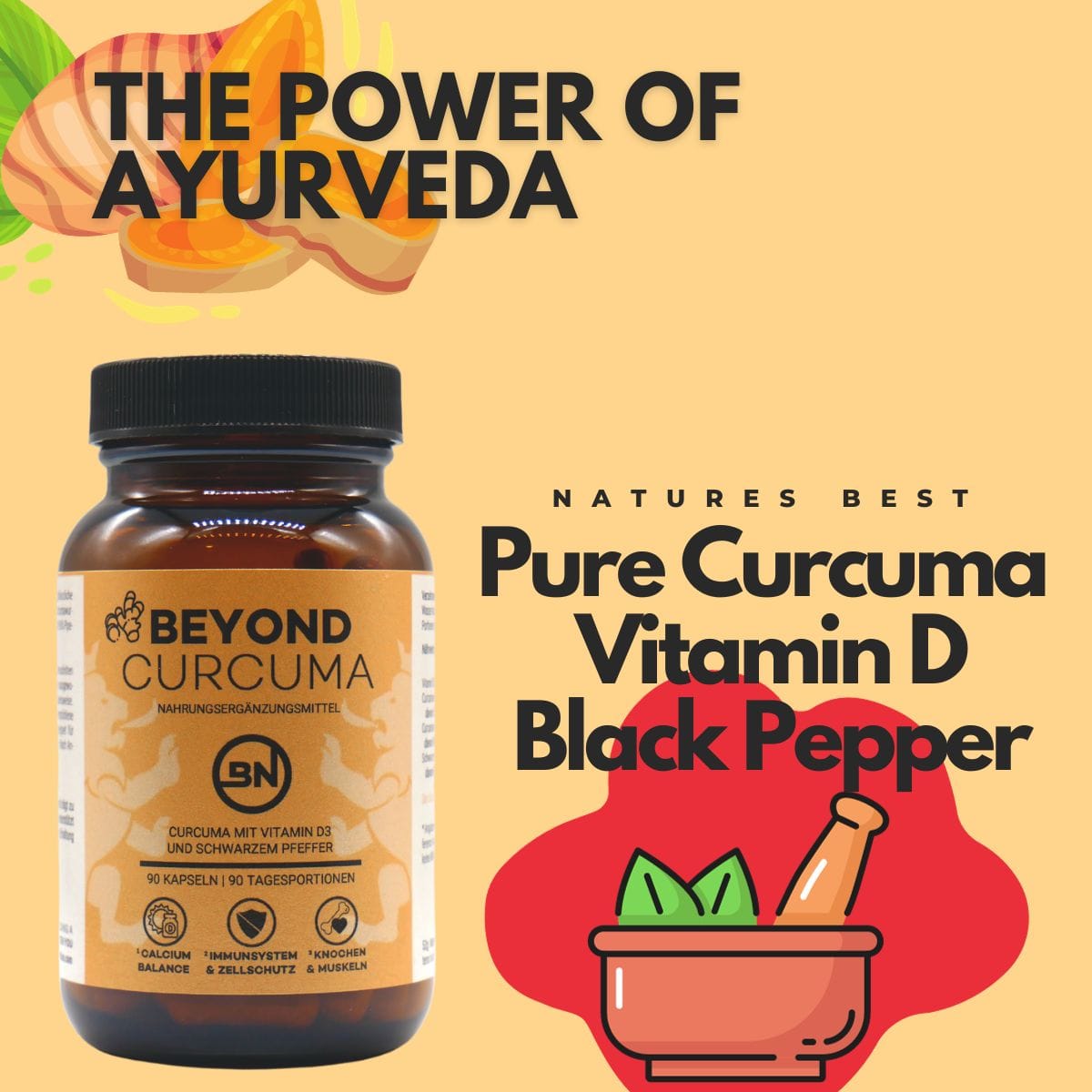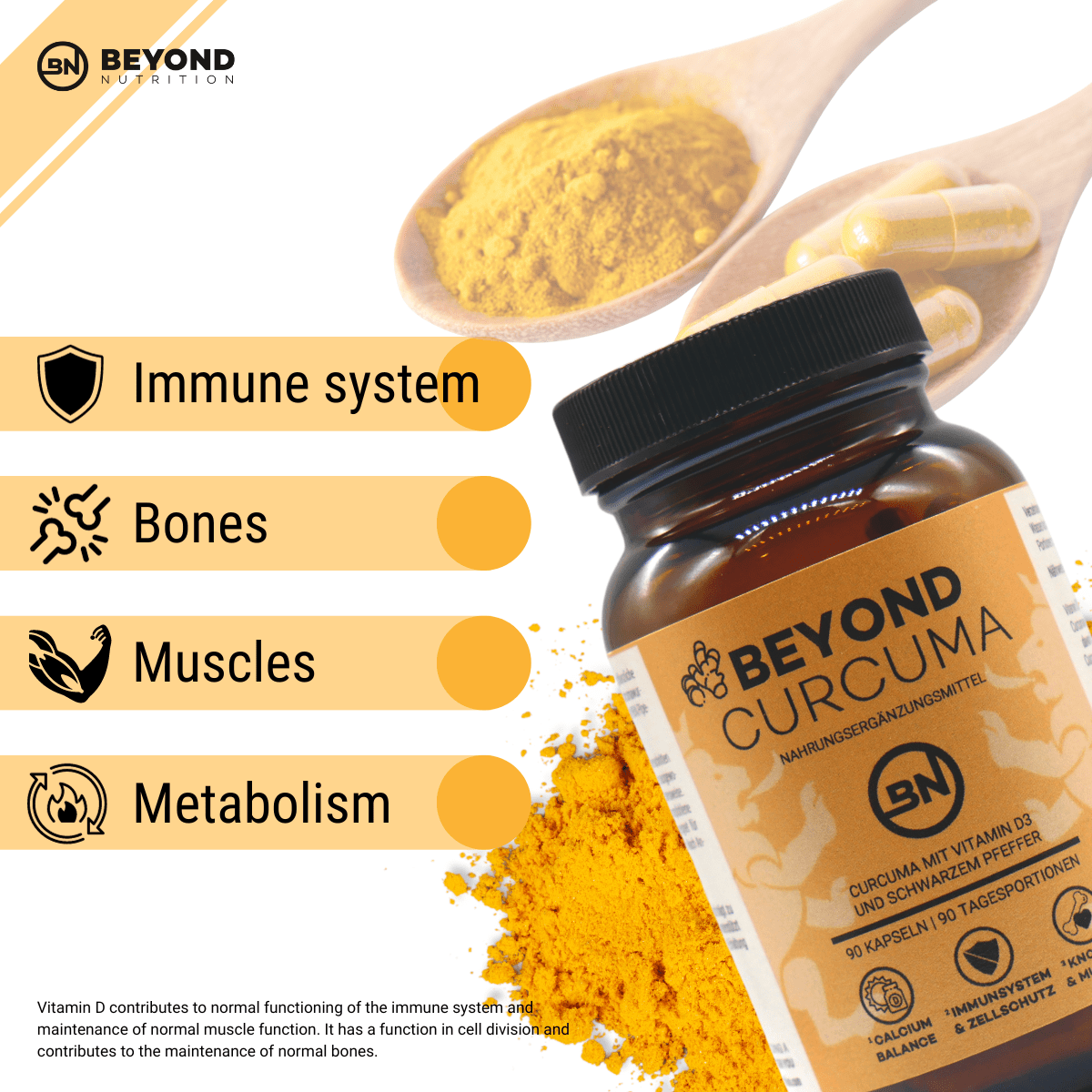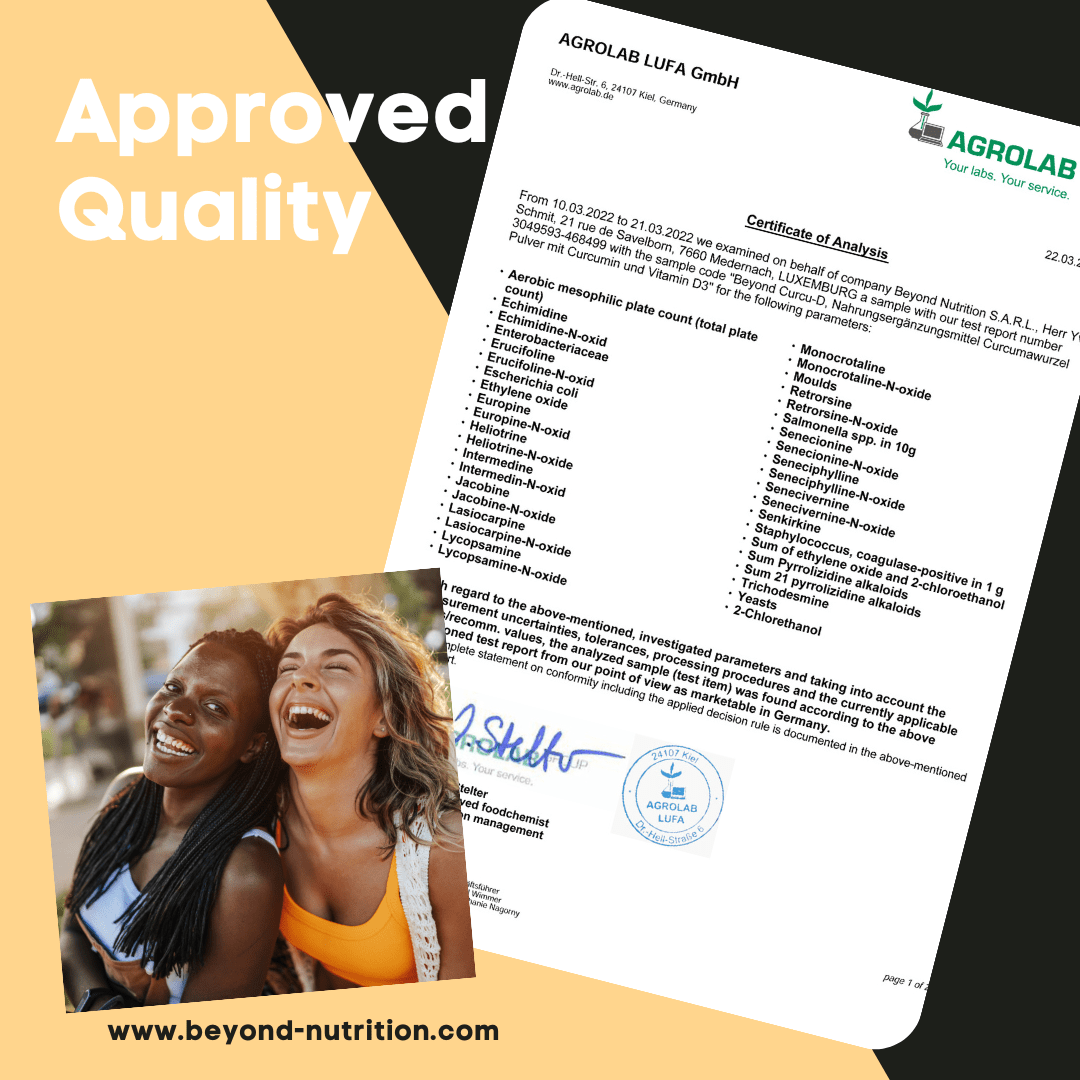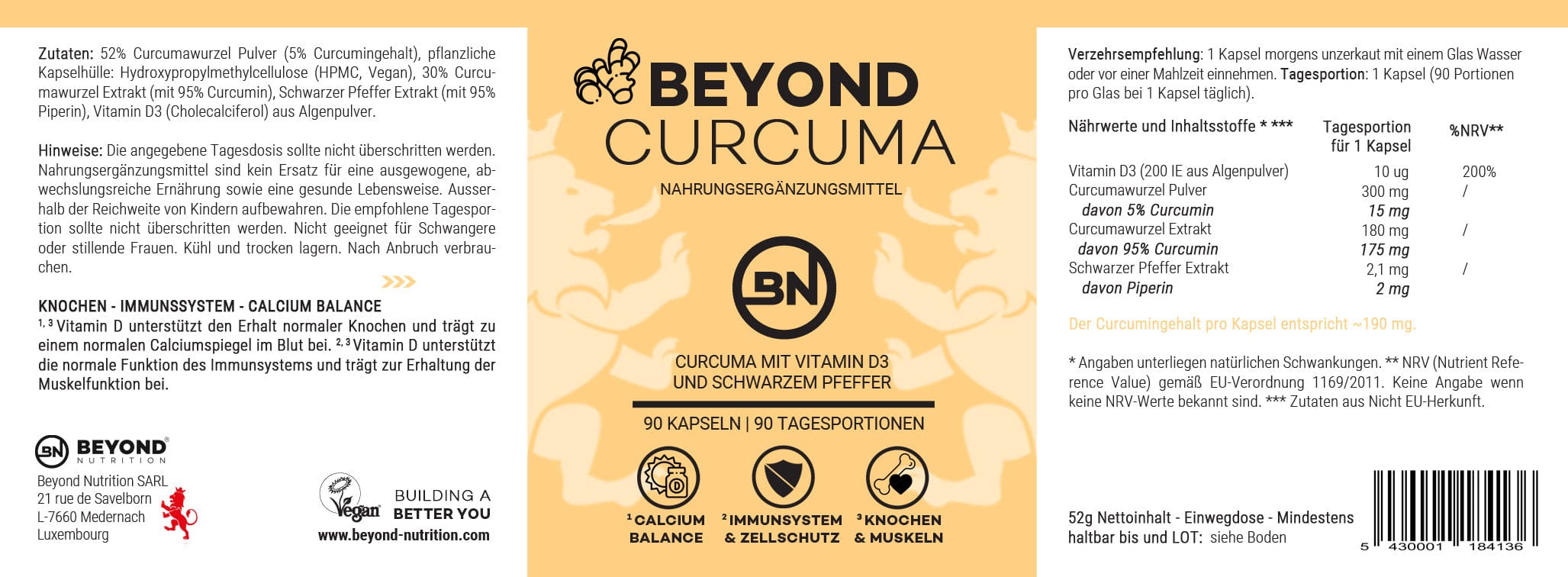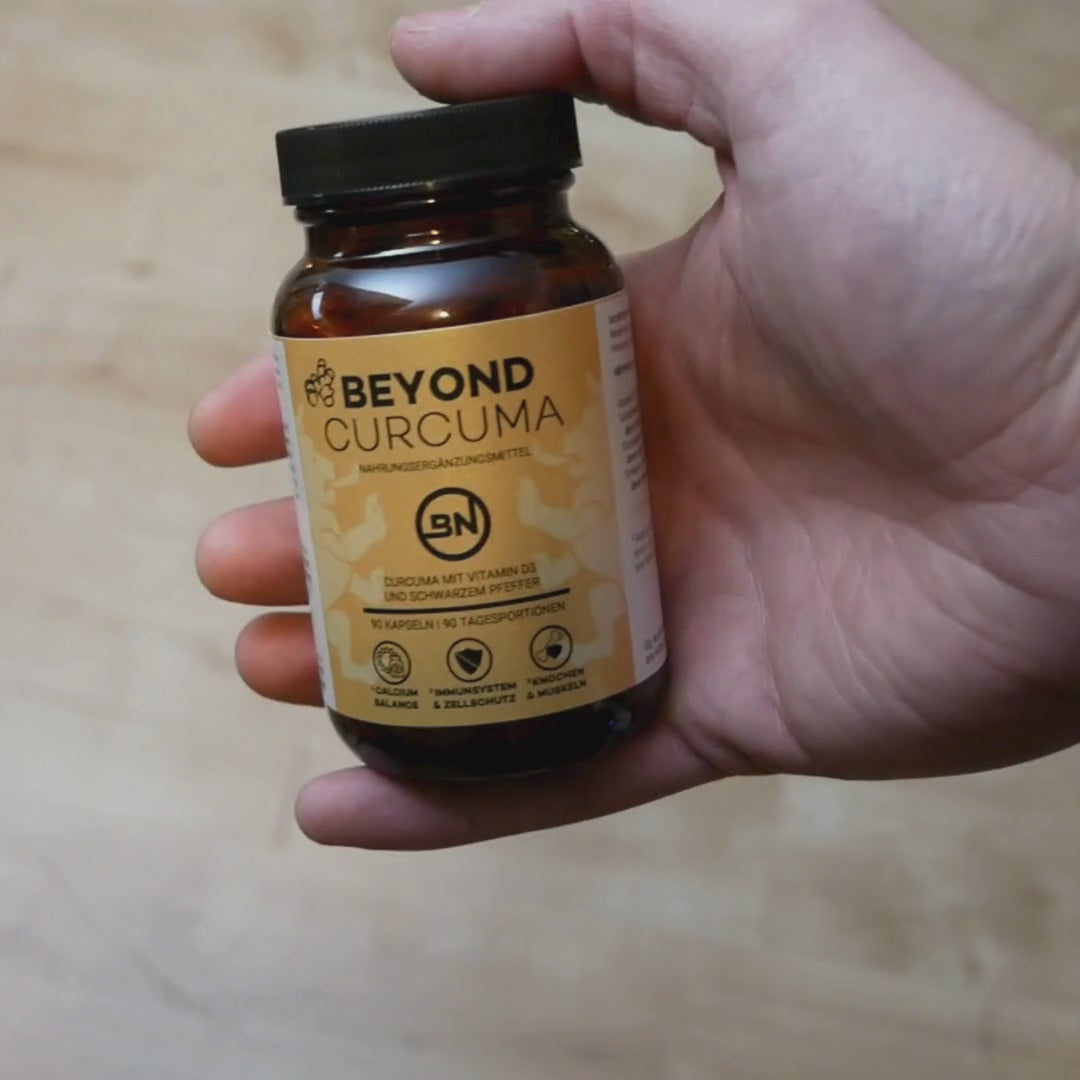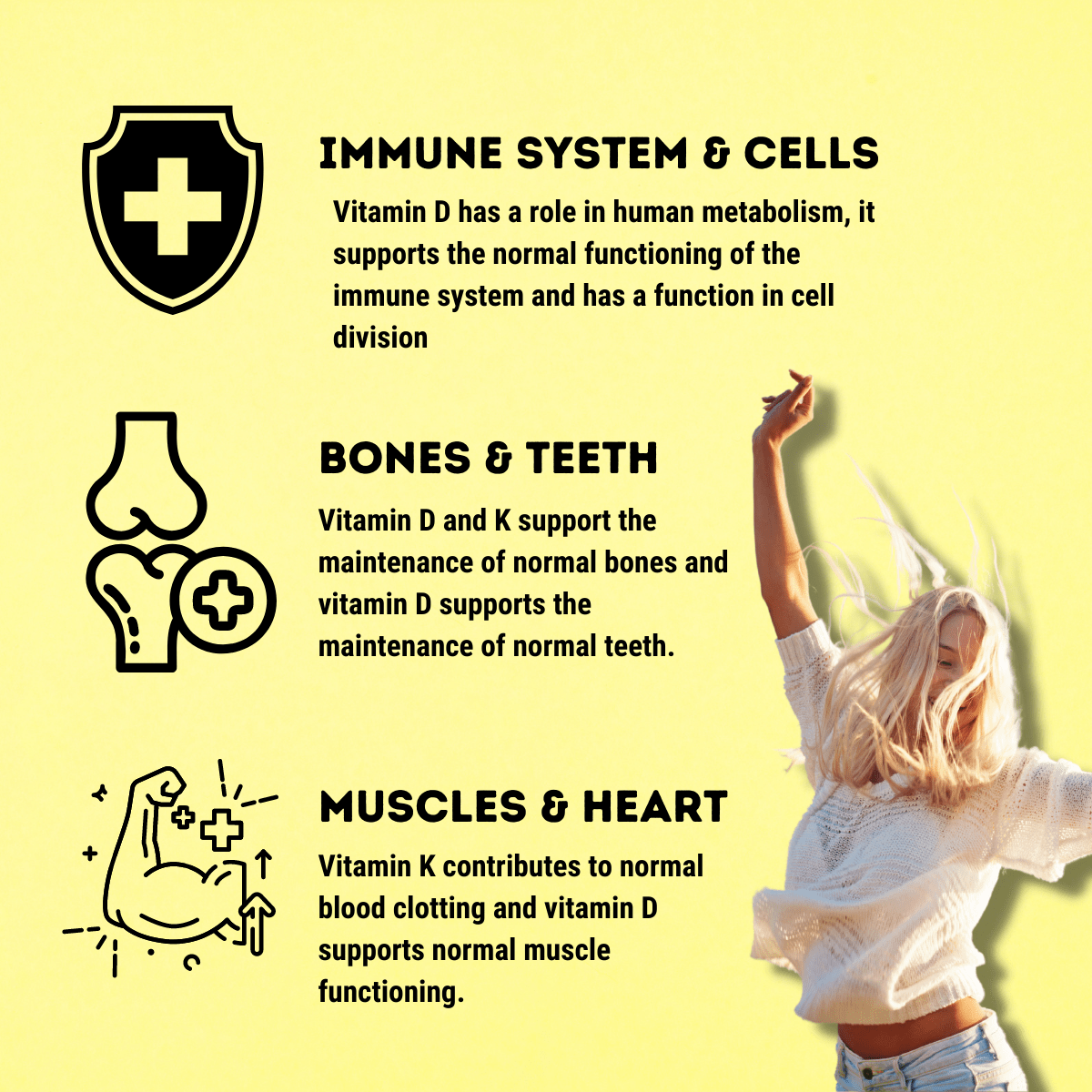Black pepper - spicy makes you healthy
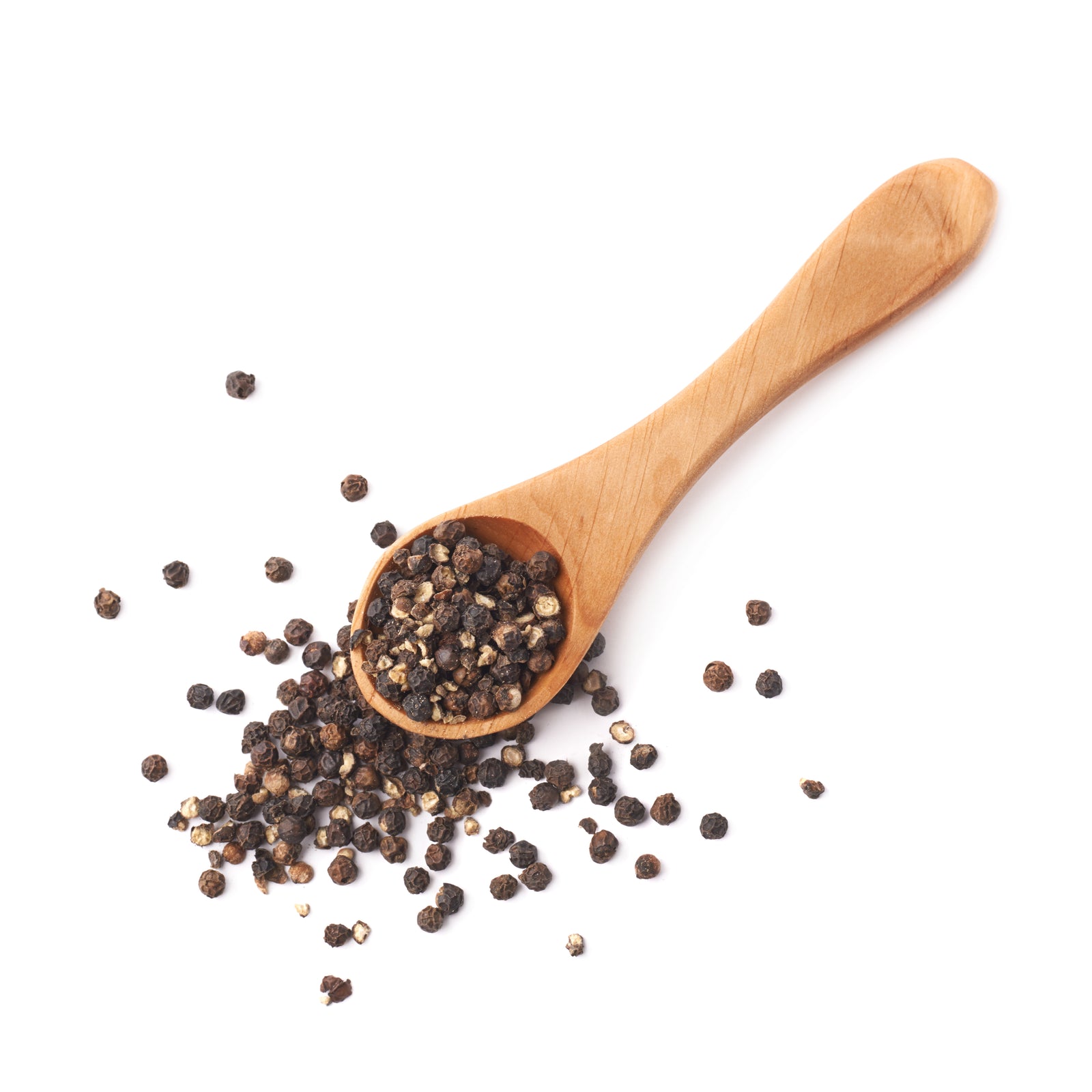
Piperine is the main alkaloid of black pepper (Black pepper) and the carrier of the hot pepper taste. It can be synthesized from piperidine and piperic acid, but it can also be extracted from black pepper with ethanol. The proportion in black pepper is usually between 4.6% and 9.7%. However, it is not nearly as hot as the capsaicin contained in chilies.
Like all pungent substances, piperine excites the metabolism and has an antimicrobial and antibacterial effect. Studies indicate that as Bioenhancer can be used. Bioenhancers are natural enhancers that are able to bioavailability of active ingredients, nutrients and vitamins. For this reason, it is increasingly used to improve the absorption and positive effects of various substances such as amino acids and phytochemicals. However, the exact mechanisms of action that cause the improvement in bioavailability are still being investigated.
It has been proven that only 5 mg of piperine can reduce the bioactivity of curcumin, a plant substance Turmeric, to increase by up to 2000%. Another wonderful property of black pepper is that it antibacterial works.
We use the versatile properties of piperine in our products
Daily consumption of black pepper is also an ideal way to reduce the negative effects of free radicals in your body. Piperine also supports your immune system in the fight against free radicals.
Many products today use piperine to increase bioavailability, i.e. the absorption of other ingredients. Doses of 20 mg and higher are often used here. However, since it is a carrier of the pungency contained in pepper, such high doses can also lead to irritation of the digestive tract. All Beyond Nutrition products therefore use a dosage of no more than 5 mg.
Sources and studies on piperine
https://de.wikipedia.org/wiki/Piperin
https://www.ncbi.nlm.nih.gov/pubmed/29250980
https://www.ncbi.nlm.nih.gov/pubmed/28680454
https://www.ncbi.nlm.nih.gov/pubmed/28344463




